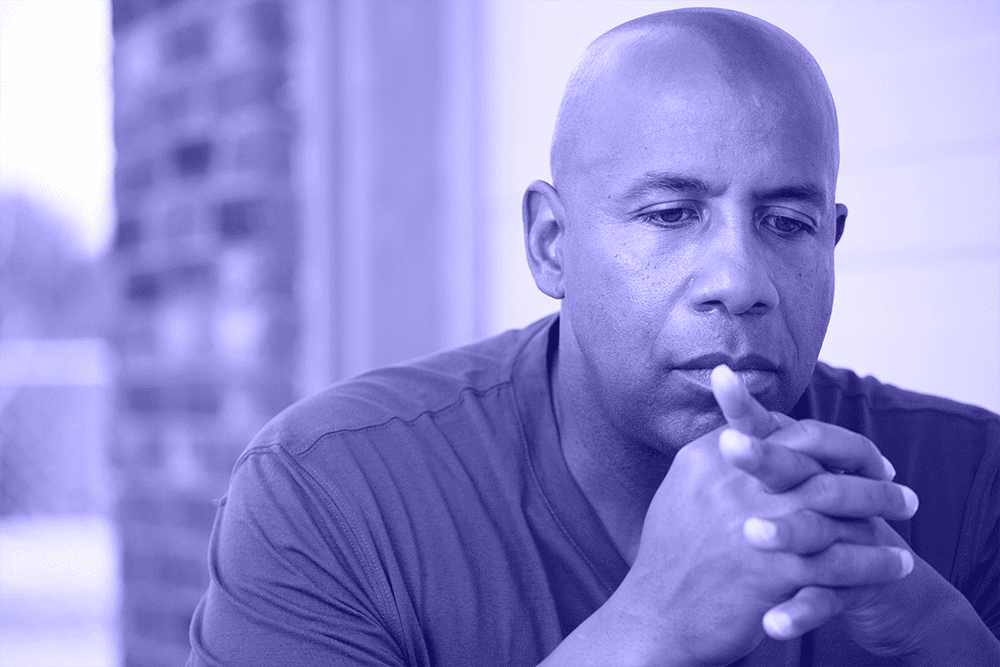If someone you know is struggling emotionally or having a difficult time, YOU can be the difference in getting them the help they need. It is important to continue taking care of yourself while you remain a support to others, and after the crisis passes. If you need to talk about your feelings, Foundation 2 is here for both you and your friend.
Suicide Prevention
SUICIDE PREVENTION

It can be difficult to know what to do when someone expresses thoughts of suicide, or if you suspect someone may be thinking about harming themselves. We hope that you will utilize available resources to feel educated about how to respond.
While there are factors that can increase the overall risk that someone may experience thoughts of suicide or self harm, it can impact everyone, regardless of age, sex, career, appearance and more. We encourage you to let go of any ideas of what a person who is experiencing thoughts of suicide “may look like,” and to take all statements seriously.
If you or someone you know is expressing thoughts of suicide, we ask that you call 911 or Foundation 2 Crisis Services at 319-362-2174. All Foundation 2 services are confidential and free.
How to Help a Suicidal Person
- Remove or arrange to remove firearms or unnecessary medicines from the home. Firearms should be taken elsewhere, even when locked and unloaded.
- Trust your suspicions, take the threat seriously and express your concern. Let them know what they mean to you and that they are not alone.
- Be honest. If you are worried about a teen, say so. Trust your suspicions and gently ask direct questions about whether the youth is depressed or thinking about suicide. You won’t “give them the idea” of suicide just by asking honest questions.
- Try to determine whether the person has a suicide plan. The more detailed the plan, especially with available and lethal means, the greater the risk.
- Help the youth recall how he or she coped in other crises. This is more effective than pat reassurances.
- Encourage the person to seek help and talk to someone who is trained to help with emotional problems. Call a suicide prevention center like Foundation 2 Crisis Center or talk to a physician, teacher, counselor, school nurse, clergy or trained mental health professional.
- Arrange and get a promise with the person to stay in contact. Offer yourself until other assistance has been obtained.
- Be a listener, not a “fixer.”
- Help the person explore and express feelings.
- Gently ask direct questions about the person’s intentions.
- Communicate your concern for their well-being.
- Show your support verbally and non-verbally.
- Talk to the youth and really LISTEN.
What are the warning signs or risk factors that can lead to suicide?
